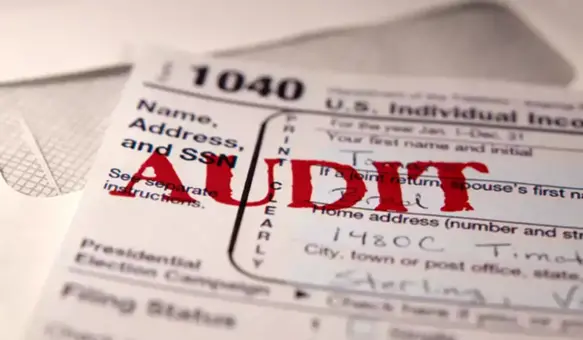Affordable Care Act for US Expats Q&A

The Affordable Care Act, otherwise known as Obamacare, has been implemented and is now active. US Expats have a variety of questions as to how they are impacted by this act.
Many US Expats are confused about their obligations concerning the Affordable Care Act, or Obamacare. American Citizens and Green Card Holders are required to maintain a health care plan with at least the minimum coverage outlined in the plan or face penalties. US Expats who live and work in another country are not sure whether they are required to have healthcare coverage.
In short, if you qualify for the Foreign Earned Income Exclusion (FEIE) because you meet either the Bona Fide Resident Test or the Physical Presence Test, then you are exempt from Affordable Care Act taxation. If you do not qualify for the FEIE as a US Expat living abroad, you are not exempt. We will provide the questions and answers which are most common for American Expats.
I’ve been living abroad, and I’m planning on moving back to the United States. How much time do I have before I need to acquire the minimum health care coverage?
If you are moving back to the United States from a foreign country, then you are engaging in a ‘qualifying event’. When you have a qualifying event, you have 60 days to obtain qualifying coverage. Other qualifying events include adoption of a child, having a baby, getting married, getting divorced, and losing the health insurance you once had through your employer.
A ‘qualifying event’ allows you to acquire an acceptable health insurance policy outside of the open enrollment period without penalties. That means that – even though the open enrollment period ended in March, 2014 – you will be allowed to enroll in a qualifying health insurance plan within 60 days of your returning to the United States without incurring any penalties.
I’m planning on moving back to the United States for the winter. After that, I’m moving back to Chile. Will I be required to have coverage during the 3 months I spend in the US?
The answer to this question depends on your individual circumstances. The Affordable Care Act allows a lapse in coverage for up to 3 months without penalties; so in consideration of the 3 months you will be in the United States, you will be able to avoid additional taxation.
The problem will arise in your eligibility to claim either the Bona Fide Resident Test or the Physical Presence Test. If you spent 90 days in the United States, then you weren’t living in a foreign country or at least 330 days out of the year. Since you don’t qualify for either test, you won’t qualify for the FEIE. If you plan on remaining in your host country for the duration of the year, you can request a filing extension from the IRS. If you are granted an extension by the IRS, you can wait until you qualify for either the Bona Fide Resident Test or the Physical Presence Test to file your tax return so you are able to claim the FEIE and qualify for an exemption from Affordable Care Act taxation.
I haven’t been living in my host country long enough to qualify for the Bona Fide Resident Test or the Physical Presence Test. Am I allowed to purchase a health care policy from my host country to avoid being penalized?
You can only purchase a qualifying healthcare plan if you have an address in a US city and state. Remember, though, that the open enrollment period ended in March, 2014. The next open enrollment period begins November 14, 2014 and ends January 15, 2015. The only way you could enroll before the next open enrollment period is if you physically move to the United States or experience another qualifying event outlined earlier in this article.
What are the potential penalties for not obtaining the minimum essential coverage outlined in the Affordable Care Act?
The penalties for failure to obtain the minimum essential coverage required by Obamacare is the greater of 1% of your income or $95 for each adult and $47.50 for each child. This tax is assessed annually, but the tax is prorated for those who were only uninsured for a portion of the year.
There is a ‘short-term gap’ clause which stipulates that those who had a gap in coverage of 3 months or less are exempt from this tax. It’s also important to note that coverage for one day in a month qualifies as coverage for the entire month; so even if you don’t get enrolled until the last day of the month, you will still have met the requirement for the entire month in which you obtained health insurance.



